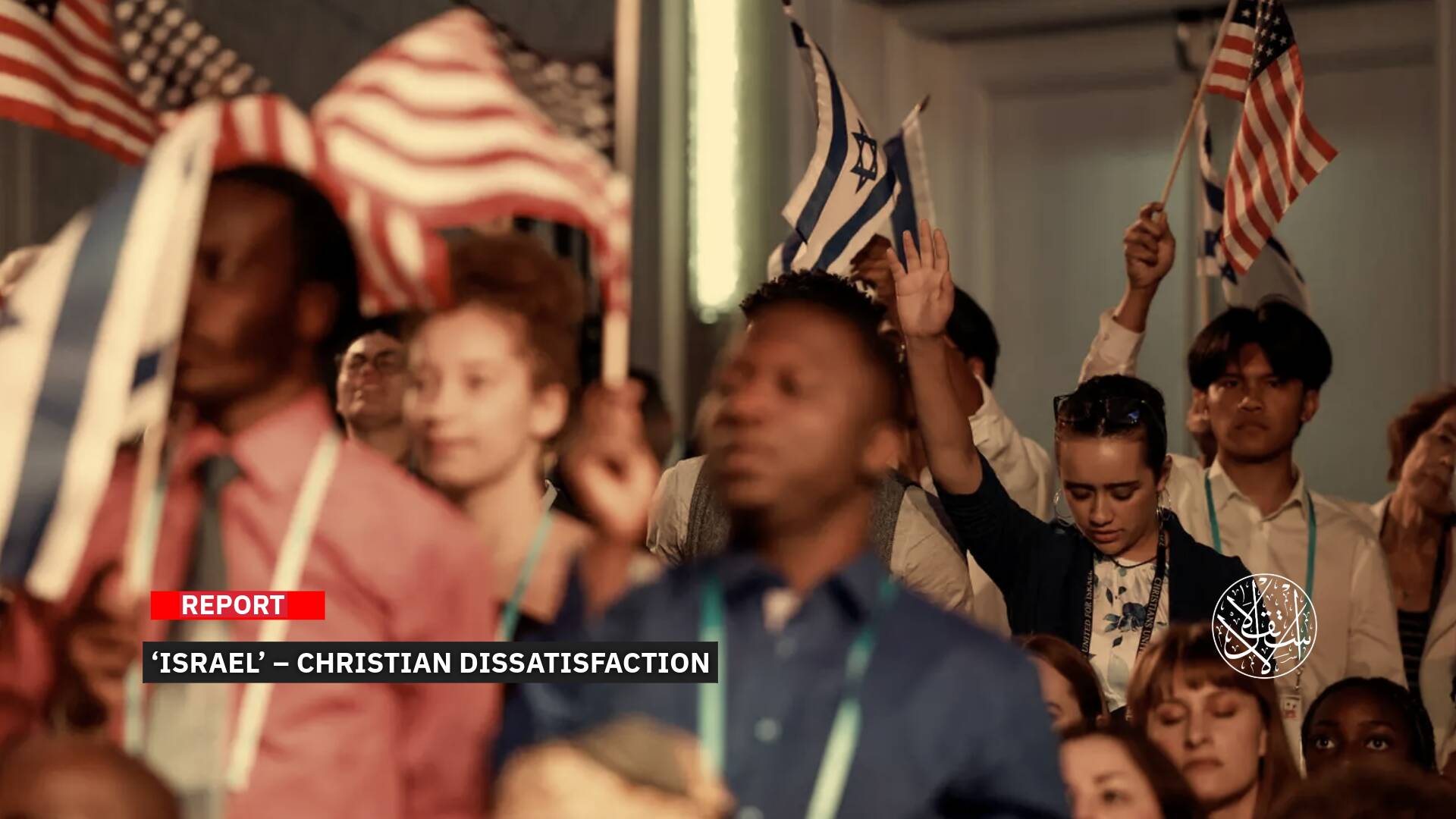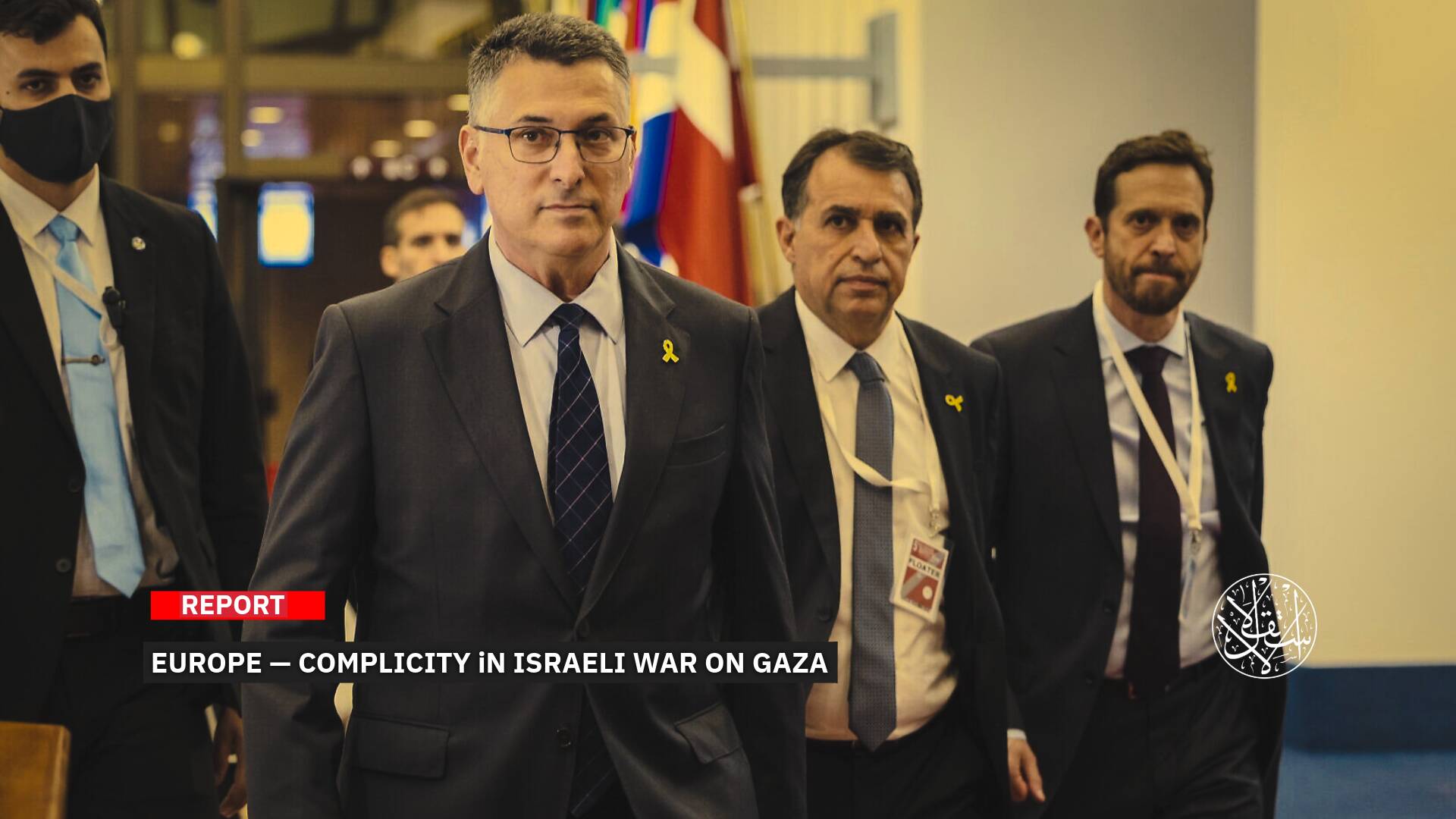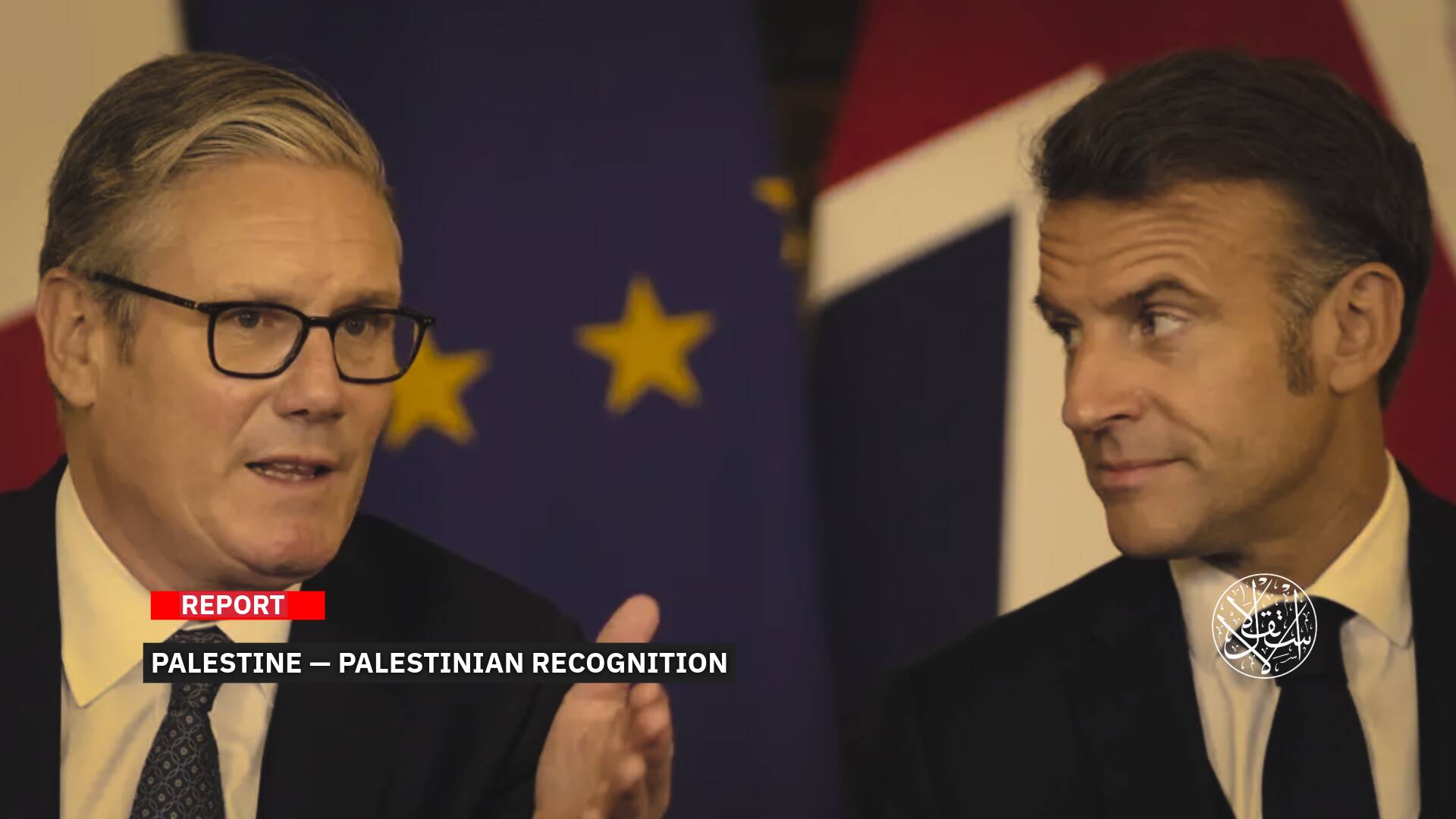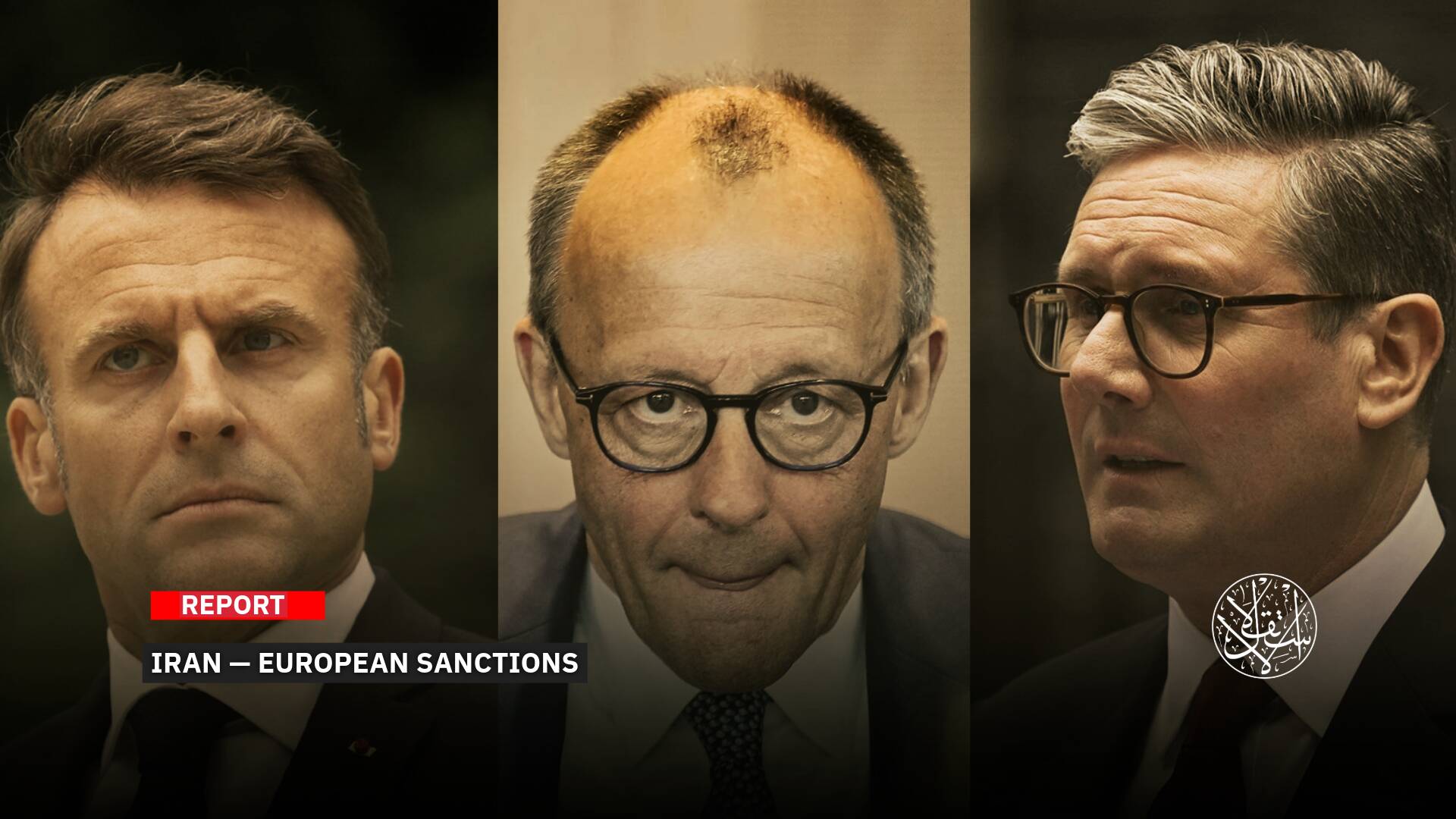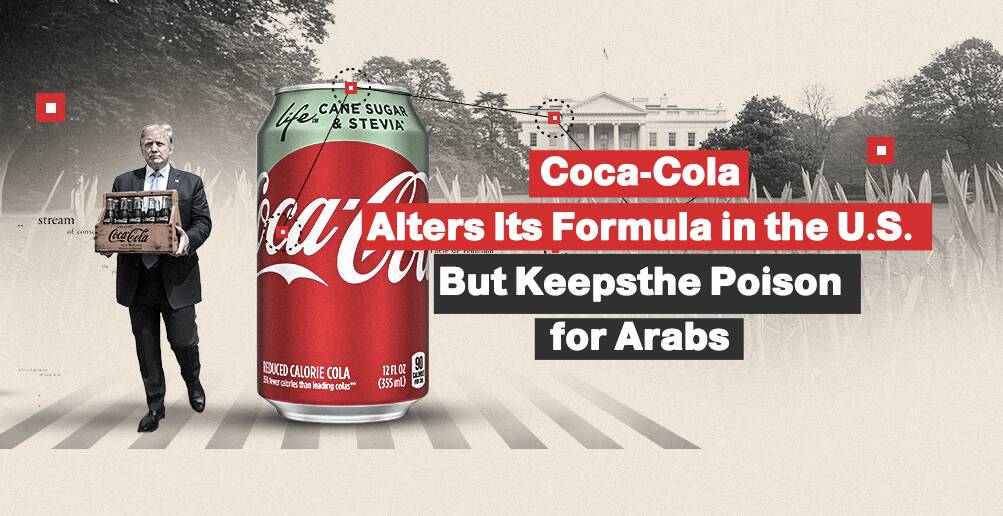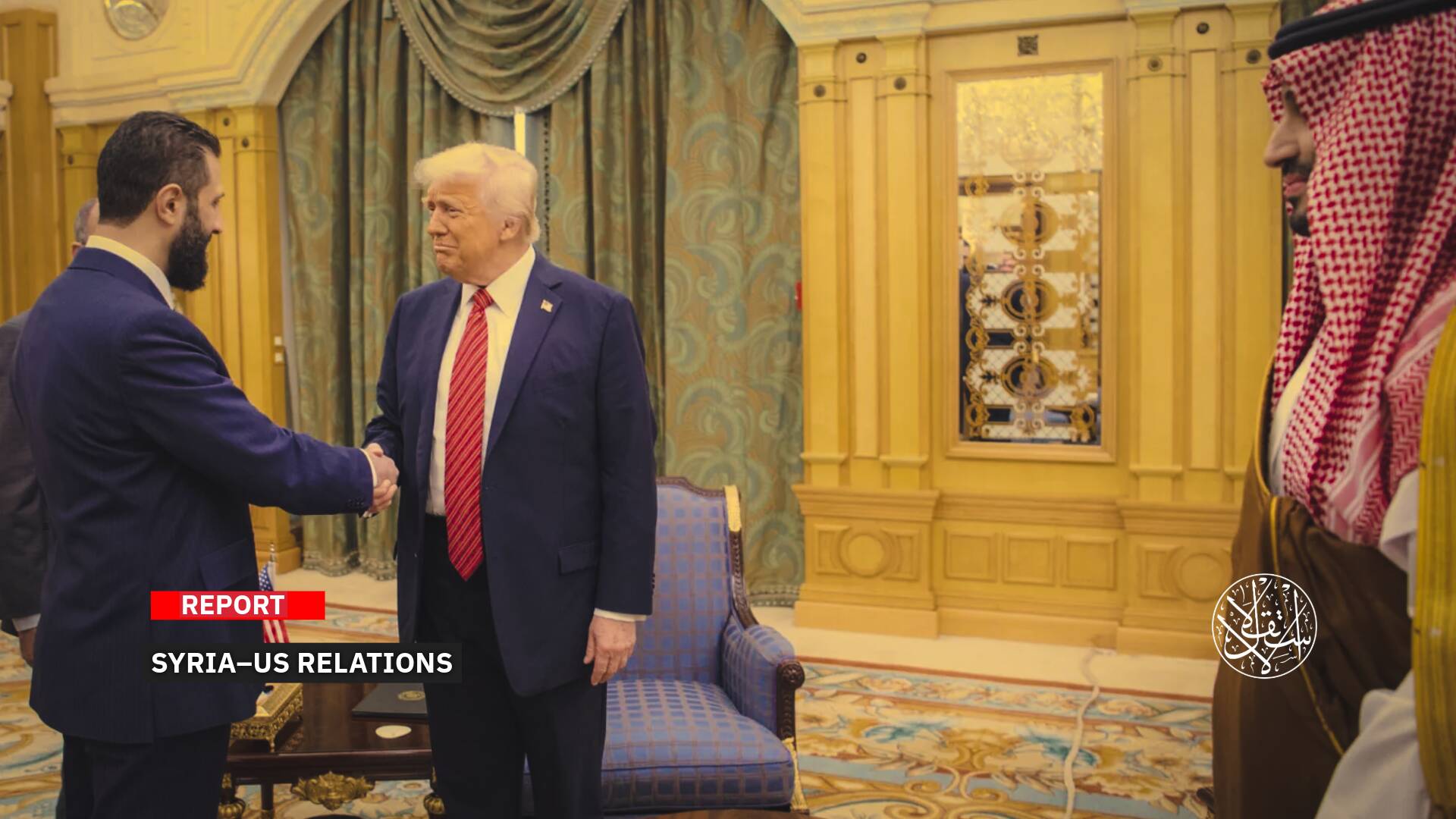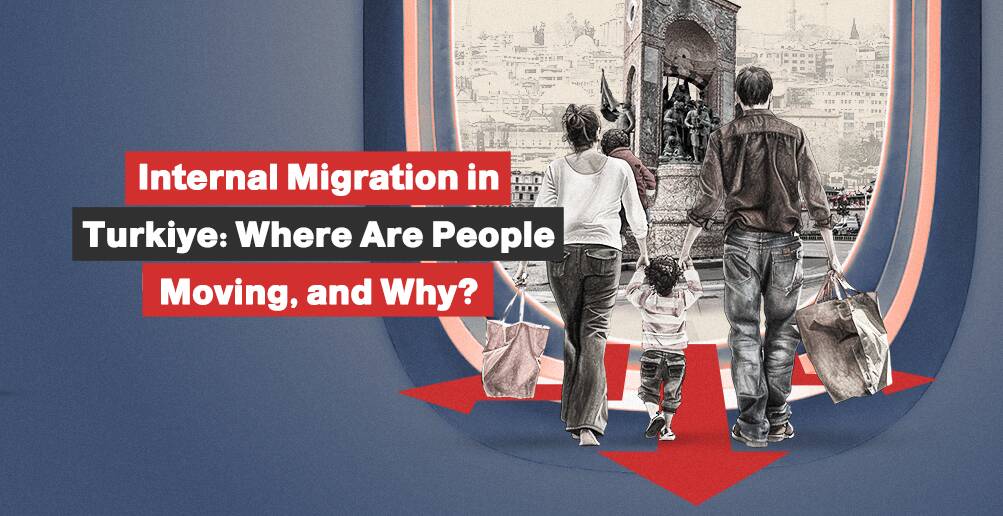After the Munich Security Conference: Why Europe Is Bracing for the Worst

It’s “somewhat of a European nightmare.”
The highlight of the 2025 Munich Security and Intelligence Conference was the intense dispute between the United States and the European Union.
This became evident during the speech of JD. Vance, the Vice President under Donald Trump, when he surprised the audience with harsh criticisms of Europe, claiming that freedom of speech is declining there.
European leaders responded coolly during the speech, followed by strong condemnation.
‘Vance’s Lessons’
The Munich Security and Intelligence Conference is the most prominent of its kind in global political and security gatherings.
Each year, world leaders and many high-ranking officials participate, specifically heads of intelligence agencies, top executives from global defense companies, as well as academics and representatives from non-governmental organizations.
During the session held from February 14 to 16, 2025, over 800 guests attended, including around 20 intelligence heads.
Among the participants from Arab and Middle Eastern countries were Algerian External Security Director Fethi Rochdi Moussaoui, and Turkish Intelligence Agency President Ibrahim Kalin.
The conference also included Iraqi National Security Director Hamid al-Shatri, and Jordanian Intelligence Director Ahmed Hosni Hatouqay.
The main issues discussed included the Russian-Ukrainian war, tensions in the Middle East, defense spending, Europe's role in the world, and the crisis of illegal migration.
During the event, U.S. Vice President JD. Vance stated that freedom of speech is in decline in Europe, and the Trump administration will fight to defend it.
“Free speech, I fear, is in retreat.”
“In Washington, there is a new sheriff in town. And under Donald Trump’s leadership, we may disagree with your views, but we will fight to defend your right to offer them in the public square,” he added.
While European leaders expected Vance to focus on Trump's initiative regarding the Ukraine conflict, the U.S. Vice President spoke instead about what he called a more concerning threat to Europe.
“The threat that I worry the most about vis-a-vis Europe is not Russia, it’s not China, it’s not any other external actor. What I worry about is the threat from within. The retreat of Europe from some of its most fundamental values: values shared with the United States of America.”
“So I come here today not just with an observation, but with an offer. And just as the Biden administration seemed desperate to silence people for speaking their minds, so the Trump administration will do precisely the opposite, and I hope that we can work together on that,” he said.
Vance specifically pointed to what happened in Romania, where the Constitutional Court annulled the first round of the presidential election after far-right candidate Calin Georgescu unexpectedly led the vote, securing over 20% by running his campaign primarily on Chinese-owned TikTok.
Trump's deputy believed the decision to cancel the election was based on weak intelligence agency suspicions, denouncing the tremendous pressure applied on Romania by its continental neighbors.
“But if your democracy can be destroyed with a few hundred thousand dollars of digital advertising from a foreign country, then it wasn’t very strong to begin with,” Vance said with a tone that mixed sharpness and sarcasm.

European Response
Vance received no applause after these statements, unlike many other guests, and continued until he had finished his entire speech, clearly revealing the European reluctance towards his political messages.
Christoph Heusgen, the Chairman of the Munich Security and Intelligence Conference, later described the event as “somewhat of a European nightmare.”
“The conference provided much clarity,” Heusgen told German public broadcaster ZDF.
The event showed “this America under Trump lives on a different planet.”
“We also noticed that even Republican senators are very cautious about speaking publicly because they are afraid of their president,” he added.
The leading candidate for German chancellor, Friedrich Merz, also stated that the disagreements with Washington under Trump had become entirely qualitative.
These differences now spanned defense and judicial independence, with Merz warning that the North Atlantic Treaty Organization (NATO) might collapse.
He hoped things won't deteriorate that far.
Merz emphasized the principle that while it's important to hope for the best, it's equally necessary to prepare for the worst.
German Chancellor Olaf Scholz, during his speech at the Munich Security Conference, rejected any foreign interference in German elections in response to Vance’s remarks at the conference, where he called for opening the door to far-right parties in Europe.
“We will not accept outsiders intervening in our democracy, in our elections, in the democratic formation of opinion in favour of this party,” he said, adding that that should especially not happen “among friends and allies.”

Ongoing Pressure
The exchanges between Vance and European leaders, particularly in Germany, suggest that the Trump administration may be ready to apply direct pressure on Berlin and other NATO allies by threatening to withdraw or reduce the U.S. military presence in Europe.
Germany hosts around 35,000 U.S. troops, a legacy of America's security commitments post-World War II and its Cold War deterrence strategy.
European Commission President Ursula von der Leyen attempted to counter the new U.S. approach under Trump when she boldly stated in her speech that Europe can move mountains when it adopts a mindset of necessity.
She then shifted to Trump’s policies, condemning tariffs as taxes on those who cannot afford them, adding that trade wars are pointless.
Von der Leyen called for lasting peace in Ukraine, stressing that the horrors of the last three years must not be repeated.
“A failed Ukraine would weaken Europe, but it would also weaken the United States.” This appeared to be a warning to Trump and the new White House administration.
Gaza Remains Present
Despite the heated tensions between the United States and Europe, the Israeli aggression on Gaza and the Middle East conflict were notably present.
On the sidelines of the conference, a meeting was held titled “Stabilizing a Restless Region: Prospects for Peace in the Middle East.”
The meeting saw the participation of Jordan's Deputy Prime Minister and Minister of Foreign Affairs Ayman Safadi, and the European Union’s High Representative for Foreign Affairs and Security Policy, Kaja Kallas.
Kallas affirmed support for the two-state solution and the right of Palestinians to remain in Gaza, referencing a meeting of the EU-Israel” Partnership Council to discuss the Gaza situation and broader regional developments.
“If you read the history of Israel and its establishment, you will see very clearly that its founders agree on the need to combine security with justice. This means that Palestinians have rights, and these rights must be respected,” she said at the Munich Security Conference.
“They have the right to be there. Israelis are concerned about their security, but Palestinians are also entitled to own the country.”
On how U.S. President Trump handles Gaza, the Jordanian Foreign Minister said, “President Trump wants to bring about peace and we are partners in that pursuit.”
Safadi has reaffirmed his country's strong stance against the displacement of Palestinians, stating, “We can rebuild Gaza without displacing its people.”
“Peace guarantees the rights of all, ends the occupation, and fulfils the right of the Palestinian people to their independent state, allowing them to live in security and peace based on the two-state solution.”
Sources
- The 61st Munich Security Conference Ends Amid Deep U.S.-Europe Rift
- In full: JD Vance’s speech on immigration and Europe’s decline
- Vance Criticism of Romania Ignores Real Threats
- Munich Security Conference chief calls event a 'European nightmare'
- German elections: CDU’s Merz looks set to be next chancellor as far-right AfD surges
- Scholz says Germans will decide their democracy for themselves, hitting back at Vance
- Speech by President von der Leyen at the Munich Security Conference 2025
- The European Union Voices Support For Israel-Palestinian Conflict Solutions
- Jordanian Foreign Minister Reaffirms Country's Stance against Palestinian Displacement


